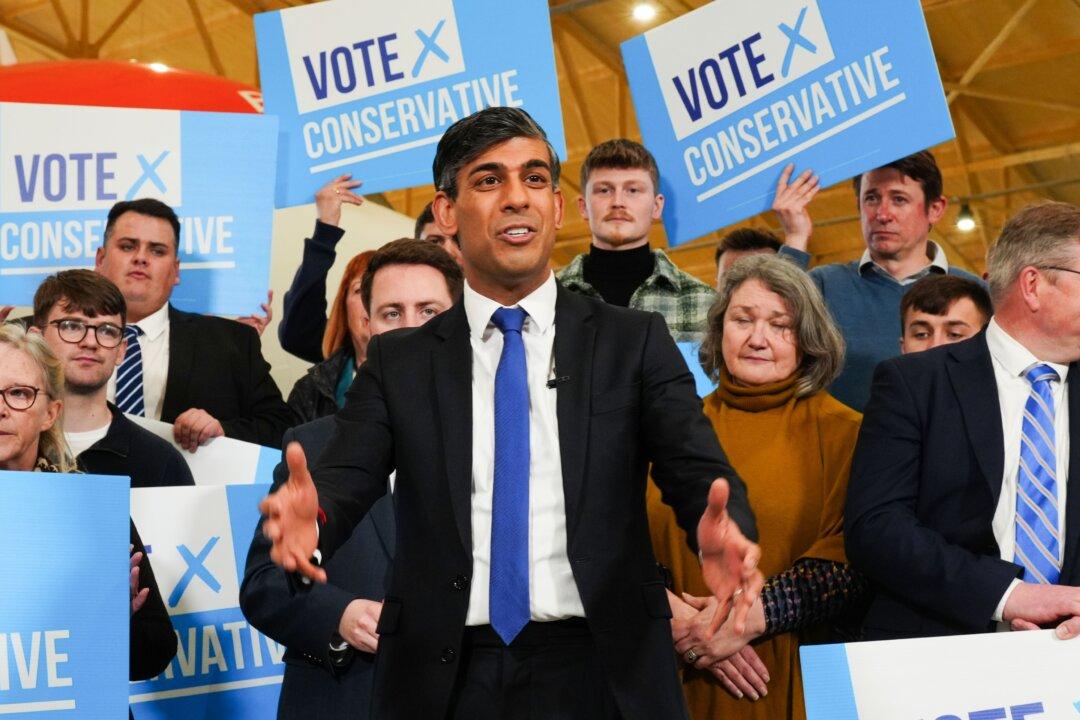Prime Minister Rishi Sunak has insisted that sticking to his plan will deliver for the Tories after his party suffered shock mayoral elections losses in England’s two biggest cities on May 4.
A poll upset in the West Midlands saw Labour’s Richard Parker seize victory from outgoing Conservative mayor Andy Street by a mere 1,508 votes.




